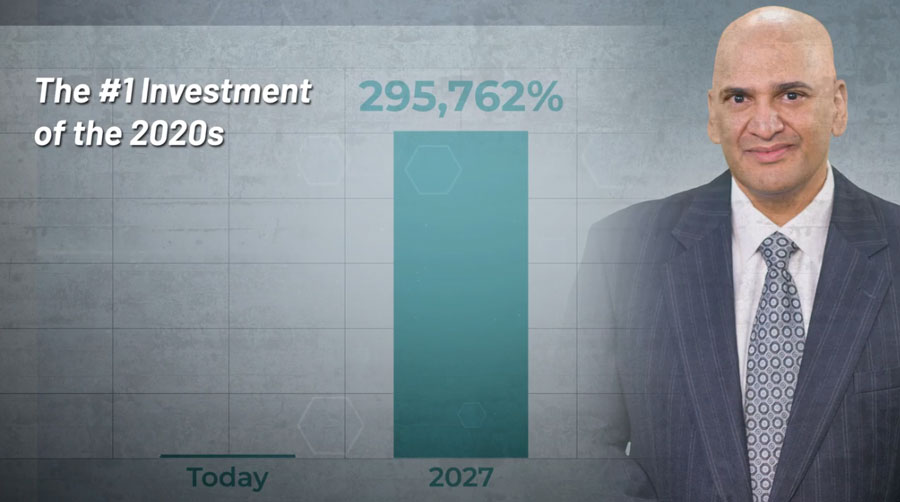However I offered to work for totally free. The hiring manager admired that and used me a task. I worked 60 hours a week. I only made money for 29 hours, so they could prevent paying me medical benefits. At the time, I was making the handsome amount of $4 an hour.
On Saturday and Sunday, I worked 12-hour shifts as a cook in a dining establishment in Queens, New York City. In the meantime, I got licensed to become a broker. Slowly however undoubtedly, I rose through the ranks. Within two years, I was the youngest vice president in Shearson Lehman history. After my 15-year career on Wall Street, I began and ran my own global hedge fund for a years.
However I haven't forgotten what it seems like to not have adequate money for groceries, not to mention the bills. I remember going days without eating so I might make the rent and electrical costs. I remember what it resembled growing up with nothing, while everybody else had the newest clothes, gadgets, and toys.

The sole income source is from subscription income. This right away does away with the predisposition and "blind eye" reporting we see in much of the traditional press and Wall Street-sponsored research study. Discover the best investment concepts in the world and articulate those concepts in such a way that anybody can comprehend and act on.
When I seem like taking my foot off the accelerator, I remind myself that there are countless driven rivals out there, starving for the success I've been lucky to secure. The world doesn't stall, and I understand I can't either. I enjoy my work, but even if I didn't, I have trained myself to work as if the Devil is on my heels.
Then, he "got greedy" (in his own words) and hung on for too long. Within a three-week span, he lost all he had made and whatever else he owned. He was ultimately compelled to file individual bankruptcy. Two years after losing everything, Teeka rebuilt his wealth in the markets and went on to release a successful hedge fund.